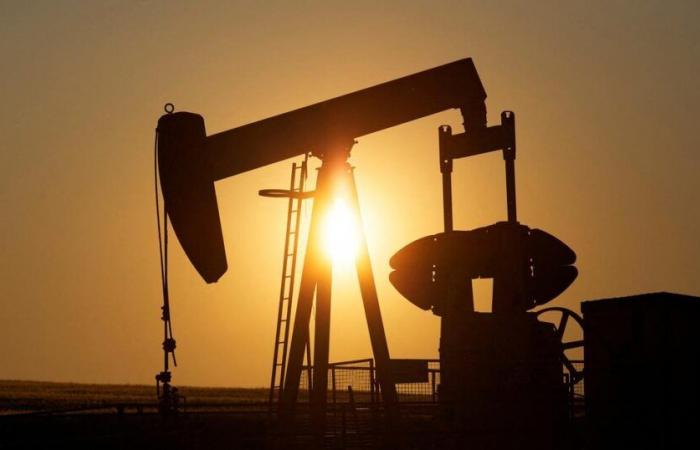Oil prices are stable on Friday, with little market activity during Christmas week. Around 09:45 GMT (10:45 a.m. in Paris), the price of a barrel of Brent from the North Sea, for delivery in February, rose 0.22% to $73.42. Around 10:15 a.m. GMT (11:15 a.m. in Paris), the price of a barrel of Brent from the North Sea, for delivery in February, gained 0.33% to $69.85. Oil prices have changed “secondarily during Christmas week, with few catalysts” to pull prices in one direction or the other, estimates Han Tan, analyst at Exinity.
According to Ipek Ozkardeskaya, analyst at Swissquote, crude oil should end the year in this zone close to 70 dollars, “while waiting for China to improve its economy and reduce the global supply glut”. For several months, the economic slowdown of the Asian giant, the world’s leading oil importer, has weighed down the price of black gold. China announced the implementation of a fiscal policy “even more active” for 2025, in particular to support still fragile consumption, paving the way for a «augmentation» of its deficit.
Un «arsenal»
This acceleration in public spending is part of a «arsenal» of five measures announced by the Ministry of Finance at the end of a two-day national conference that began Monday. The International Energy Agency (IEA) plans “an excess supply of 950,000 barrels per day” in 2025, which could get worse if the Organization of the Petroleum Exporting Countries and its allies (OPEC+) “does not renew its voluntary cuts beyond the month of March”.
To boost the prices of black gold, the cartel has been organizing a supply shortage strategy since the end of 2022. In total, OPEC+ members are keeping nearly six million barrels underground daily, including the tranche of additional reductions of 2.2 million, the gradual reintroduction of which must take place over 18 months starting in April. .






